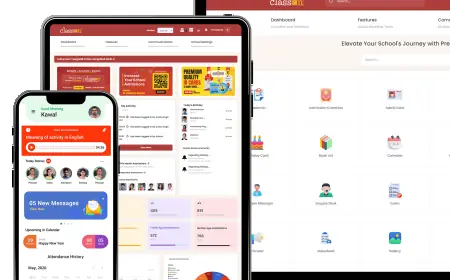Wheels on the Bus: The 3rd Most-Watched YouTube Video with 8 Billions + Views
So what made Wheels on the Bus a timeless phenomenon, and what can we learn from its joyful journey? Let's drive into it. Follow, like, and TipDrop to support us. Thank you!
Wheels on the Bus: The Nursery Rhyme That Rolled Into Global Fame. Wheels on the Bus reminds us that the most enduring art doesn’t just entertain—it educates, connects, and travels across generations.
In 1937, a simple children’s song titled Wheels on the Bus made its quiet debut in American classrooms. Written by Verna Hills, the rhyme was rhythmic, repetitive, and irresistibly interactive. With lyrics that mimicked the sounds and motions of a bus ride—“round and round,” “swish swish swish,” “beep beep beep”—it quickly became a staple of early childhood education. But no one could have predicted what came next: a digital renaissance that would transform this humble tune into a global sensation.
By the 2020s, Wheels on the Bus had become one of the most-watched children’s songs in history, racking up billions of views on YouTube through animated renditions by channels like CoComelon and Little Baby Bum. Today, it stands as a cultural touchstone for families around the world, with versions in dozens of languages and styles—from reggae to rock to classical lullabies.
So what made Wheels on the Bus a timeless phenomenon, and what can we learn from its joyful journey? Let's drive into it.
Built for Learning
At its core, Wheels on the Bus is a masterclass in early childhood development. Its repetitive structure helps toddlers build memory and language skills. The call-and-response format encourages participation, while the accompanying hand motions boost motor coordination. It’s not just a song—it’s a learning tool disguised as play.
Universally Relatable
The bus is a symbol of everyday life. Whether you’re in New York, Nairobi, or New Delhi, the experience of riding a bus—seeing people, hearing sounds, feeling motion—is familiar. That relatability makes the song instantly accessible across cultures, and easy to adapt with local references and languages.
Digital Domination
In the age of streaming, Wheels on the Bus found new life. Animated versions exploded on platforms like YouTube, with bright visuals, catchy beats, and lovable characters. CoComelon’s rendition alone has surpassed 5 billion views, making it one of the most-watched videos on the platform. These videos aren’t just entertainment—they’re lifelines for parents, educators, and caregivers seeking safe, engaging content for young children.
Endlessly Adaptable
The song’s modular format means it can be remixed endlessly. Want a Halloween version? A school-themed take? A multilingual mashup? Done. Its flexibility has made it a favorite for content creators and educators alike, spawning countless variations that keep the tune fresh and relevant.
Lessons from the Bus Ride
- Simplicity scales: A straightforward idea, executed well, can reach billions.
- Repetition reinforces: In music and in life, repetition builds mastery.
- Joy is universal: The laughter of a child singing “beep beep beep” transcends borders.
Final Stop: Inspiration
Wheels on the Bus isn’t just a nursery rhyme—it’s a reminder that the most powerful creations often begin with a simple idea and a heartfelt purpose. It teaches us that when art is made with care, designed to uplift, and shared with love, it can roll through time and space, touching lives in ways we never imagined.
So next time you hear those familiar lyrics, don’t just sing along—celebrate the journey. Because the wheels on this bus aren’t just turning—they’re changing the world, one verse at a time.
Follow. Like. Comment anonymously, no account required. And if you love this post and want to show your support, we’d appreciate your TipDrop—whether publicly in the comment section, or through our TipDrop Page. Thank You!
Reward this post with your reaction or TipDrop:
 Like
0
Like
0
 Dislike
0
Dislike
0
 Love
0
Love
0
 Funny
0
Funny
0
 Angry
0
Angry
0
 Sad
0
Sad
0
 TipDrop
0
TipDrop
0





















